Distinguished medical imaging service with no out of pocket expenses for you
*Where Medicare is applicable
What is a CT scan?
A computerized tomography (CAT) scan combines a series of X-ray images taken from different angles around your body and uses computer processing to create cross-sectional images (slices) of the bones, blood vessels and soft tissues inside your body. CT scan images provide more-detailed information than plain X-rays do. Modern CT scanners can take multiple slices of the body in one single rotation and as such are now referred to as Multi-Slice CT scanners.. Modern CT scanners can take multiple slices of the body in one single rotation and as such are now referred to as Multi-Slice CT scanners. The sophisticated computer within the CT scanner is then able to process this information to create a 3-Dimensional image of the body part or area that has been scanned to show a detailed cross-section, including bones, organs and blood vessels. The CT Scan does not replace plain X-rays, but gives additional information with greater detail.
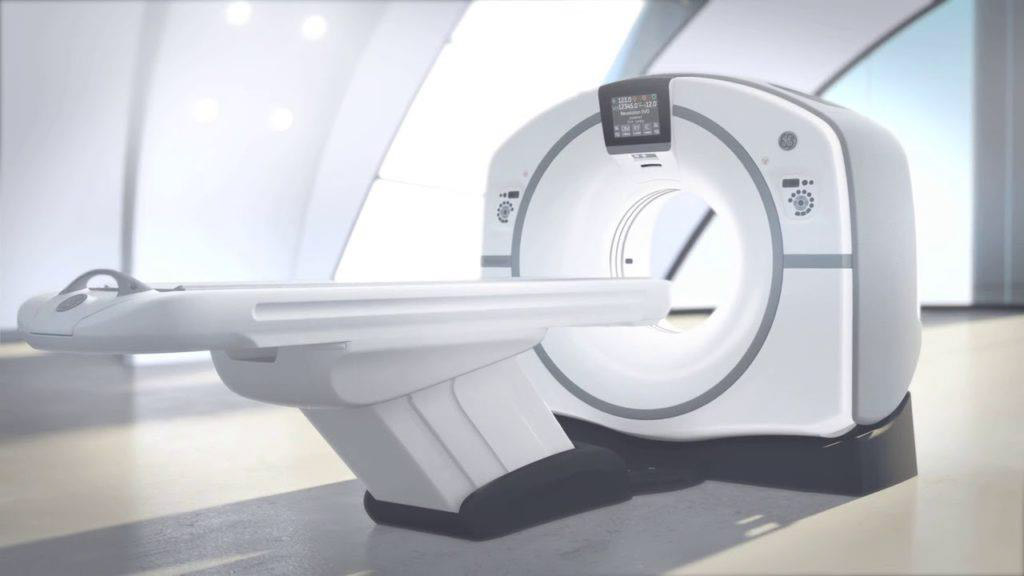
What happens during my CT scan?
Before you start the CT scan, you may be given an oral contrast or water to drink and through an IV. The oral contrast will help your care team see the scans more clearly. The IV may feel a little warm. Afterwards, you’re ready for CT scan to begin. You’ll lie down on the table while the donut-shaped machine moves around you, collecting images. Its latter processed and displayed in the computer screen. A CT scan typically takes about 20 minutes or less. The CT Scan does not replace plain X-rays, but gives additional information with greater detail.
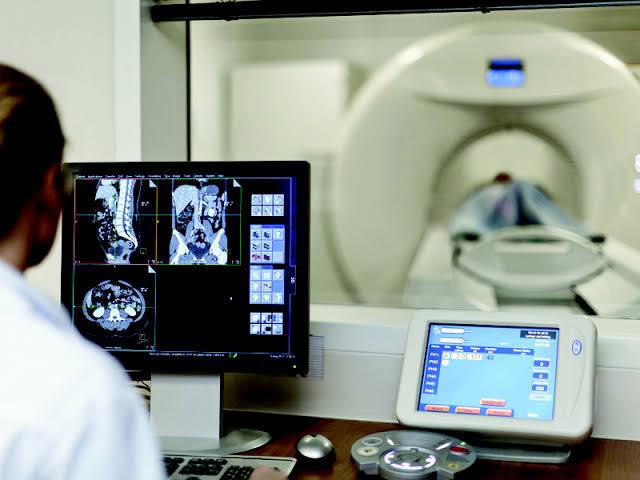
What is a Contrast Injection during CT scan?
A dye commonly called (contrast agent) may be injected into your bloodstream in the arm to enhance certain body tissues. This makes your organs, blood vessels, and tissues more visible, which help us interpret these imaging studies. The dye ( No colour) contains iodine, a substance that x-rays cannot pass through. It circulates through the blood stream and is absorbed in certain tissues, which then stand out on the scan. You might have some normal symptoms after the injection such as metallic taste in the mouth, sensation of heat, or a sensation in the bladder immediately after the injection. These will only last for a few seconds.
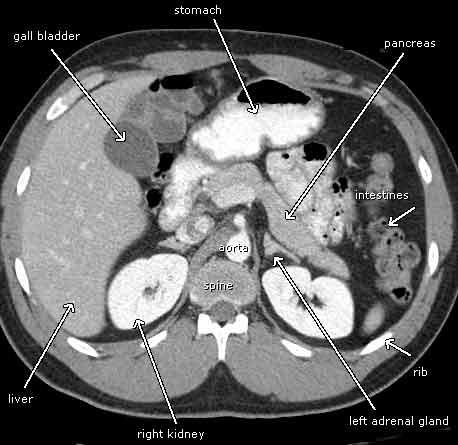
Why is a CT Scan Performed?
A CT scan has many uses, but it’s particularly well-suited for diagnosing diseases and evaluating injuries. The imaging technique can help your doctor:
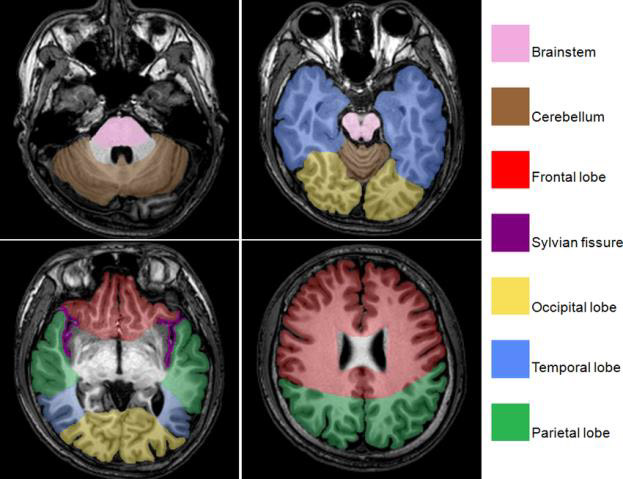
- diagnose infections, muscle disorders, and bone fractures
- pinpoint the location of masses and tumours (including cancer)
- study the blood vessels and other internal structures
- assess the extent of internal injuries and internal bleeding
- guide procedures, such as surgeries and biopsies
- monitor the effectiveness of treatments for certain medical conditions,
including cancer and heart disease
The test is minimally invasive and can be conducted quickly.
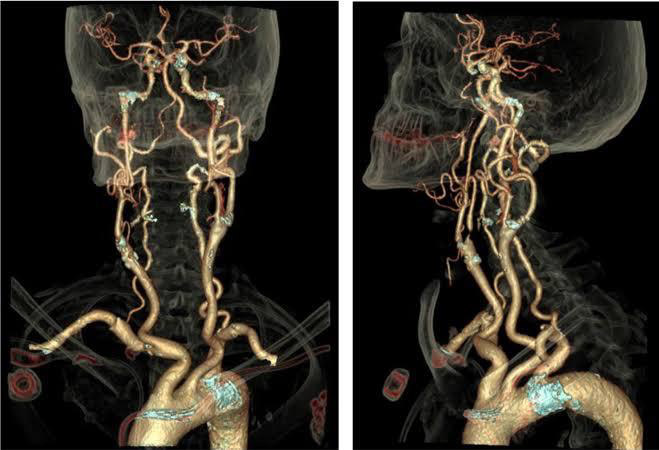
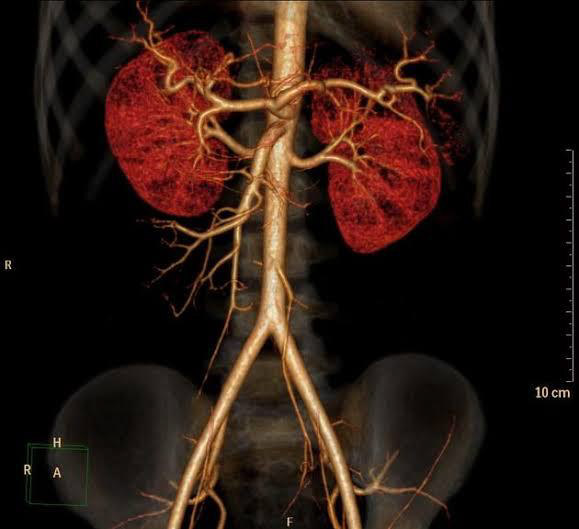
What are the side effects of contrast dye after a CT scan?
A very small percentage of patients may develop a delayed reaction with
a rash which can occur hours to days after an imaging exam with an iodine-based contrast material….
Mild reactions include:
- nausea and vomiting.
- headache.
- itching.
- flushing.
- mild skin rash or hives.
How long will it take?
A CT scan will take no longer than 10 and 15 minutes depending on the part of body being scanned.
Do I need an appointment?
Most CT scans don’t require appointment But for some scans eg neck chest abdomen do require an appointment, please call our practice to make an
appointment.
How much does a CT scan cost?
At KMI Radiology we pride ourselves on our ability to deliver first class services within the health system using mixed billing (fees apply where necessary confirm at the time of appointment) methodology. This means that your CT scan will be mixed billed if you have your Medicare card and a practitioners referral with you, and you will have no out of pocket expenses.
Can I use my referral anywhere?
If you have a referral to another imaging practice or organisation, we can still assist you as we put you, the patient, first, and accept all referrals. If in doubt, please seek advice from your referring medical professional.
How do I prepare for my CT?
Most CT scans can be performed without any preparation. Some scans, especially those involving the contrast injection will require you to fast for 2 hours prior to your appointment. It is fine for you to have water during this time unless you are instructed otherwise. If any other specific preparations are required you will be advised at the time of booking.
ABDOMEN AND PELVIS
- No food for 4 hours
- Arrive 30 mts prior to appointment
- Drink a Litre of water prior to examination
BRAIN NECK CHEST
- No food or drink (except some water) for 4 hours
- Arrive 15 minutes prior to appointment.
No preparation for spine, hip, knee, hand, wrist, sinus, dental and others
THE NEXT STEP
Please ensure that you have your Medicare card and referral with you and pop into our radiology clinic for your X-ray. If you have any questions at all please feel free to contact us, as we are here to help.
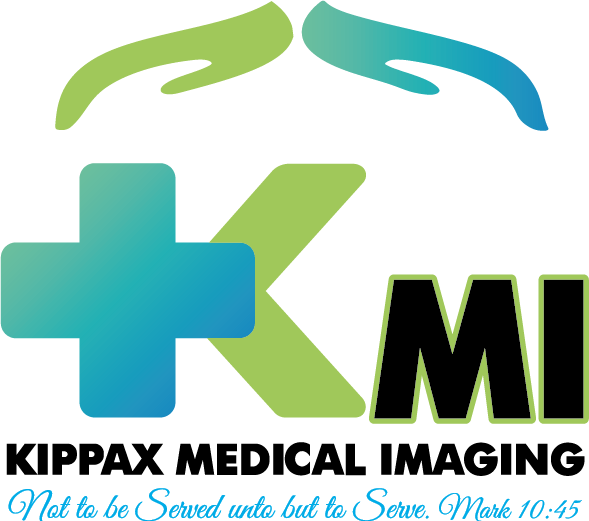
 Serving patients and Saving their lives
Serving patients and Saving their lives